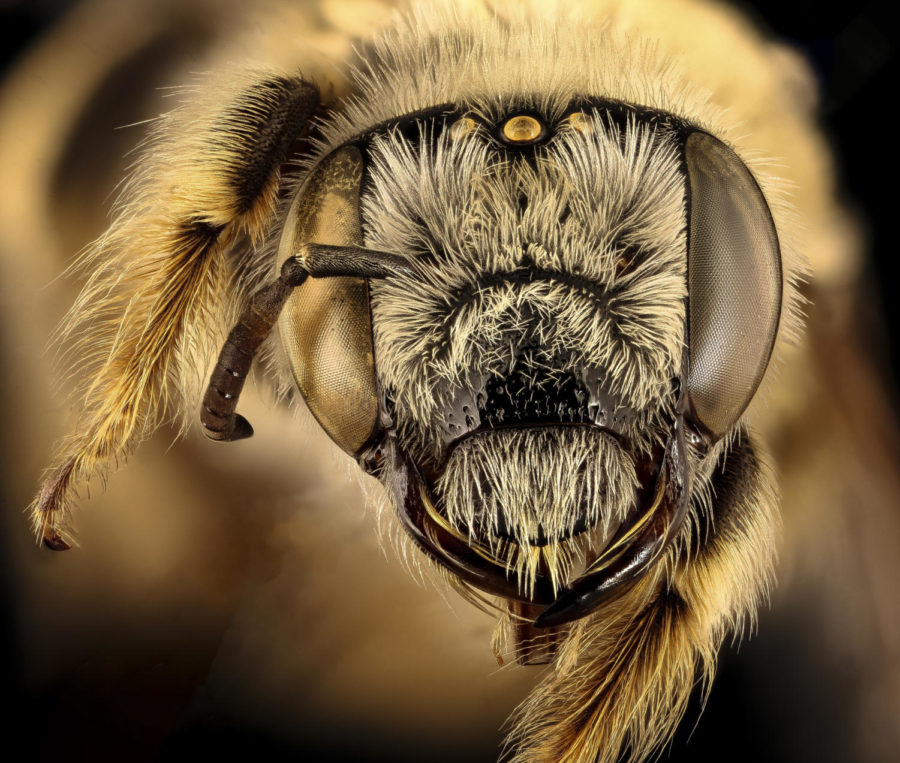What ever happened to saving the bees, and etc.?
For a while, CCD was a blip on every media outlet’s radar; and yet, there is now little to no coverage on the once-alarming phenomenon.
November 29, 2018
An explosion of articles about the dire effects of Colony Collapse Disorder (CCD) surfaced from 2007-2013 and invoked a frenzied hullabaloo surrounding saving honeybees from extinction. For a while, they were a blip on every media outlet’s radar; and yet, there is now little to no coverage on the once-alarming phenomenon.
CCD became a major problem in the winter of 2006 when scientists began noticing a sudden disappearance of worker bees in hives, leaving only the queen and the young left. The absence of these worker bees, the main labor force of the hives, would later lead the hives to collapse, as they could no longer sustain themselves without workers.
According to beekeeper data from 2014/2015, CCD is on the decline, but is still a concern, which begs the question: what ever happened to ‘saving the bees?’
There is a fairly obvious answer: like all cultural phenomenons, this one faded from the minds of the public. When the articles of impending doom did not come to fruition, people quickly forgot about honeybees, leading the battle against CCD to fade from popular culture.
The U.S. Environmental Protection Agency, all with other organizations, is still working on battling the honeybee conundrum, gathering research and implementing protective measures. There certainly are still charities dedicated to ‘saving the bees’ one could donate to, but for the most part, nobody really cares anymore.
This is a trend that tends to repeat itself throughout popular culture. With the increased speed that the general population can receive and process information, trends pop up and disappear in the blink of an eye. What is breaking news one day is stale information the next. Net Neutrality, for example, was a focal point of early 2018, but despite its repealing and the ongoing battle to bring it back, once people figured out that it was not going to affect them directly enough to see a difference in immediately, they stopped following it, stopped protesting about it and stopped talking about it, leaving it to be yesterday’s news.
The internet highway can stop spreading information as suddenly and as quickly as it can start spreading it. In a generation where trends come and go in cyberspeed, it may be worth it to slow down and care about causes as more than just passing trends.









